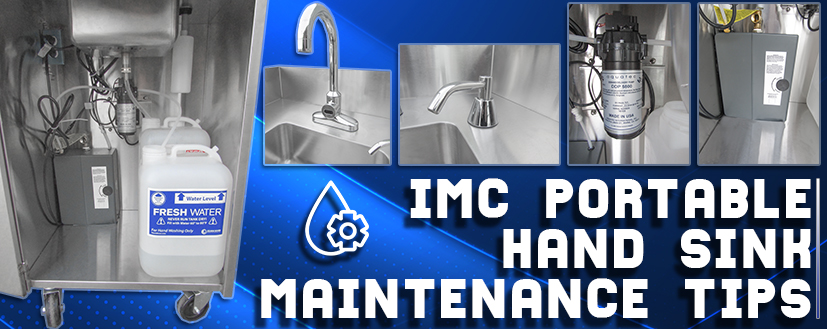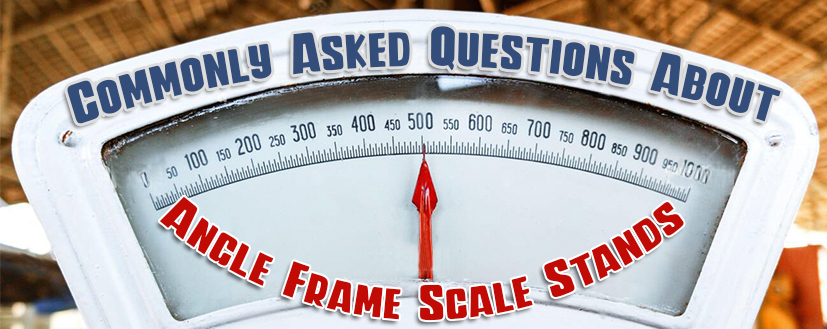Commercial Kitchen Equipment Showdown: Aluminum vs. Stainless Steel

In the world of commercial kitchen equipment, there are many types of equipment made of metal. Copper, carbon steel & iron are just a few materials used. But, two metals stand out from the pack – aluminum & stainless steel. Both metals have advantages & disadvantages, but which one is superior for food service equipment?
In this article, we’ll compare & contrast aluminum & stainless steel equipment – breaking it down by category. We’ll then give you the ultimate winner between the two. Let’s start the comparison.
Handling & Durability
In terms of weight & management, aluminum is a much lighter metal when compared to stainless steel. In fact, aluminum is roughly 1/3 the weight of stainless steel. However, this makes aluminum a “soft” metal, which means it is susceptible to cracks, bends & dents.
Stainless steel has an inherent high tensile strength, which makes it resistant to cracking or warping. This makes it perfect for high traffic environments where equipment abuse may be present. Another thing is to remember is stainless steel can retain its strength even when it is recycled. It truly is a “long term” metal, making it the perfect material for any commercial kitchen equipment.
Winner: Stainless Steel
Corrosion Resistance
Without getting too technical, aluminum & stainless steel are vastly different in their chemical composition – which factors into the issue of corrosion. Aluminum has a higher oxidation composition than stainless steel. This means the surface of aluminum will eventually turn white & pit causing extremely rapid corrosion.
Stainless steel is a non-porous metal made up of chromium oxide. Think of chromium oxide as a natural shield against corrosion. Having rust in your commercial kitchen is considered unsanitary & dangerous. Stainless steel will retain its form & composition far longer than aluminum ever will.
Winner: Stainless Steel
Cleaning Difficulty
Aluminum is vulnerable to more stains when compared to stainless steel, so it will have to cleaned often. However, cleaning aluminum properly can be quite a difficult task as it is more porous & prone to scratches & dents. Aluminum also tends to discolor over time with excessive use.
Stainless steel can look & shine the same way even after years of use. Cleaning stainless steel is simple & has no big risks of scratching or denting.
Winner: Stainless Steel
Price
Aluminum takes far less time & effort to refine, making it much more budget friendly to buy & process. Aluminum is overall a much lighter metal when compared to stainless steel. However, stainless steel can be purchased at affordable prices based on weight.
The truth is the price of steel & aluminum is continually fluctuating based on global supply & demand, so it is difficult to determine a definitive winner.
Winner: Tie
So, What’s the Verdict?
Based on the above, we find that stainless steel is just a much more versatile material to use when it comes to commercial kitchen equipment. The combination of durability & cleanliness make it the ultimate metal to use in any commercial kitchen environment.
Although aluminum does have its place in the commercial kitchen, it is stainless steel that will provide you with the biggest benefits in the short & long term.
Match Winner: Stainless Steel
IMC/Teddy manufactures all of its equipment from type 300 series stainless steel, which is ideal for commercial kitchens. Type 300 stainless steel is durable & corrosion resistant so any kitchen can benefit from these properties. For a closer look at IMC’s products, click here.





Excellent, insightful, efficient